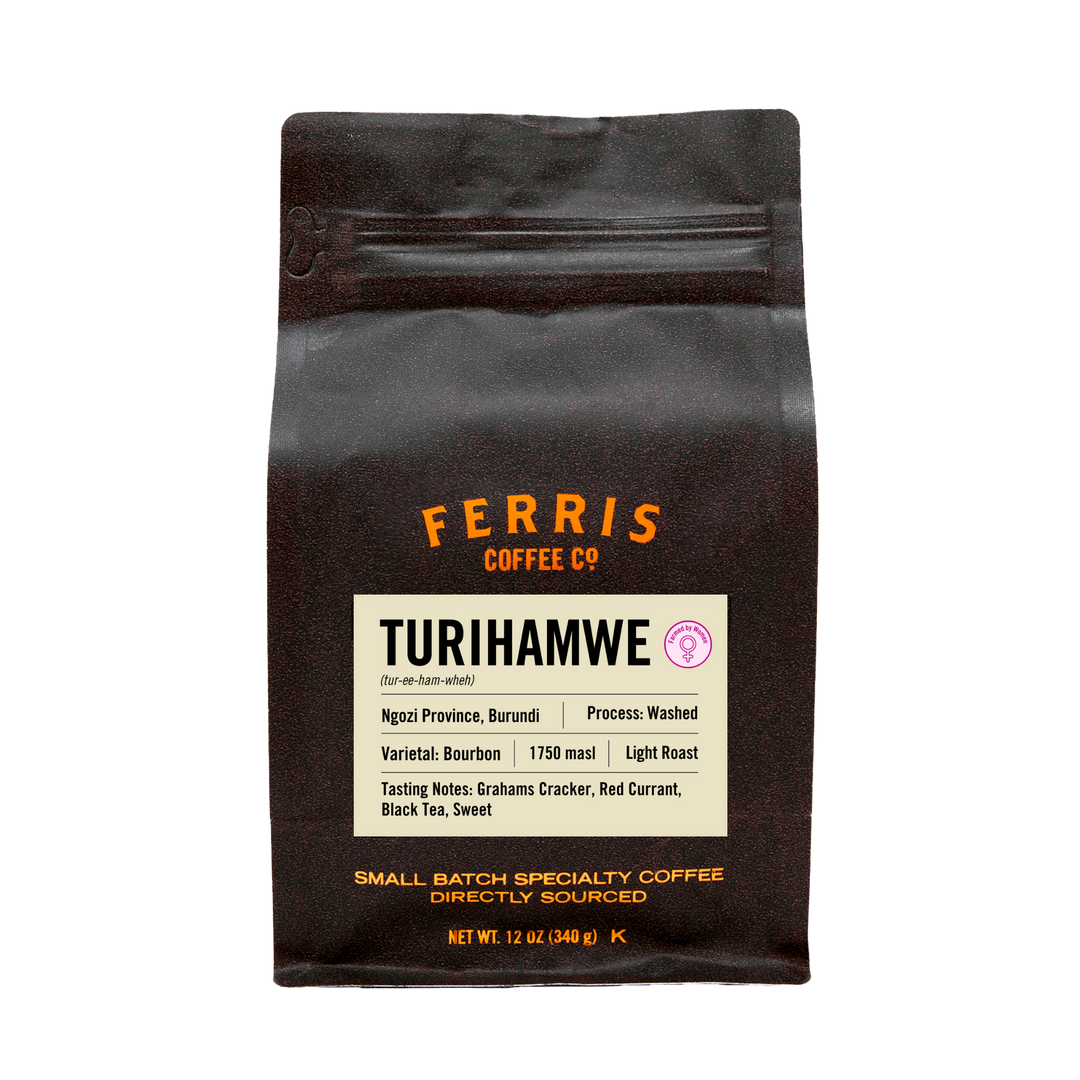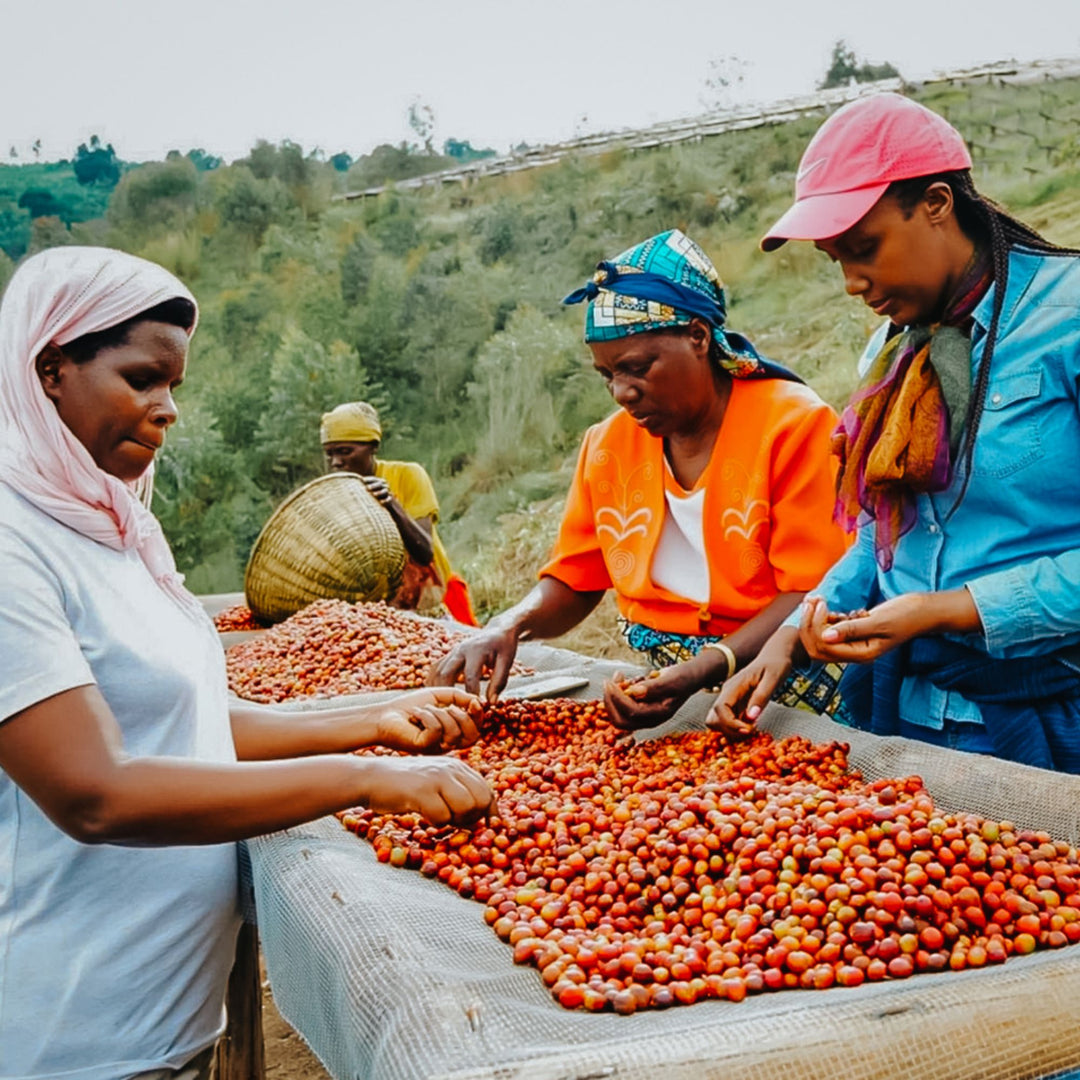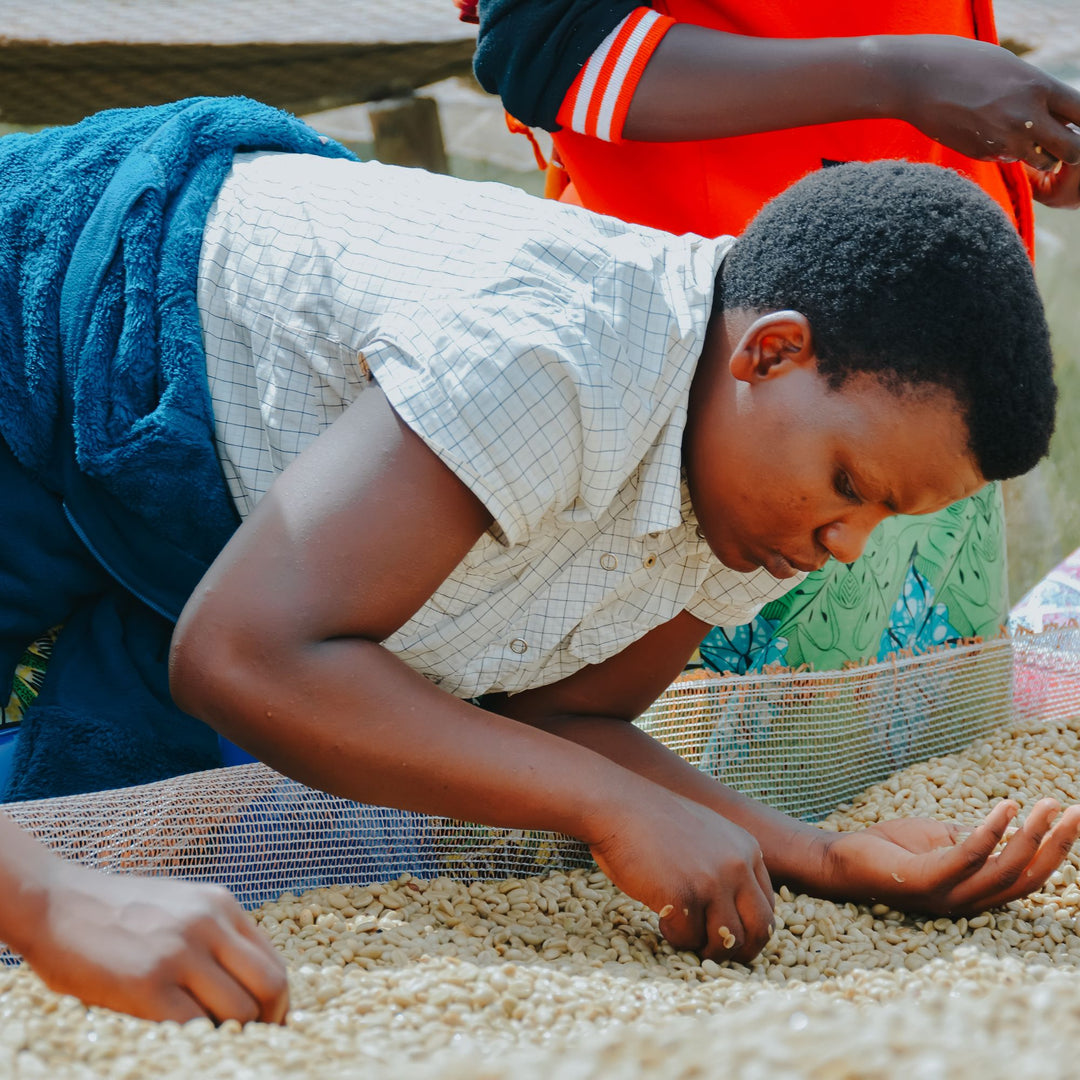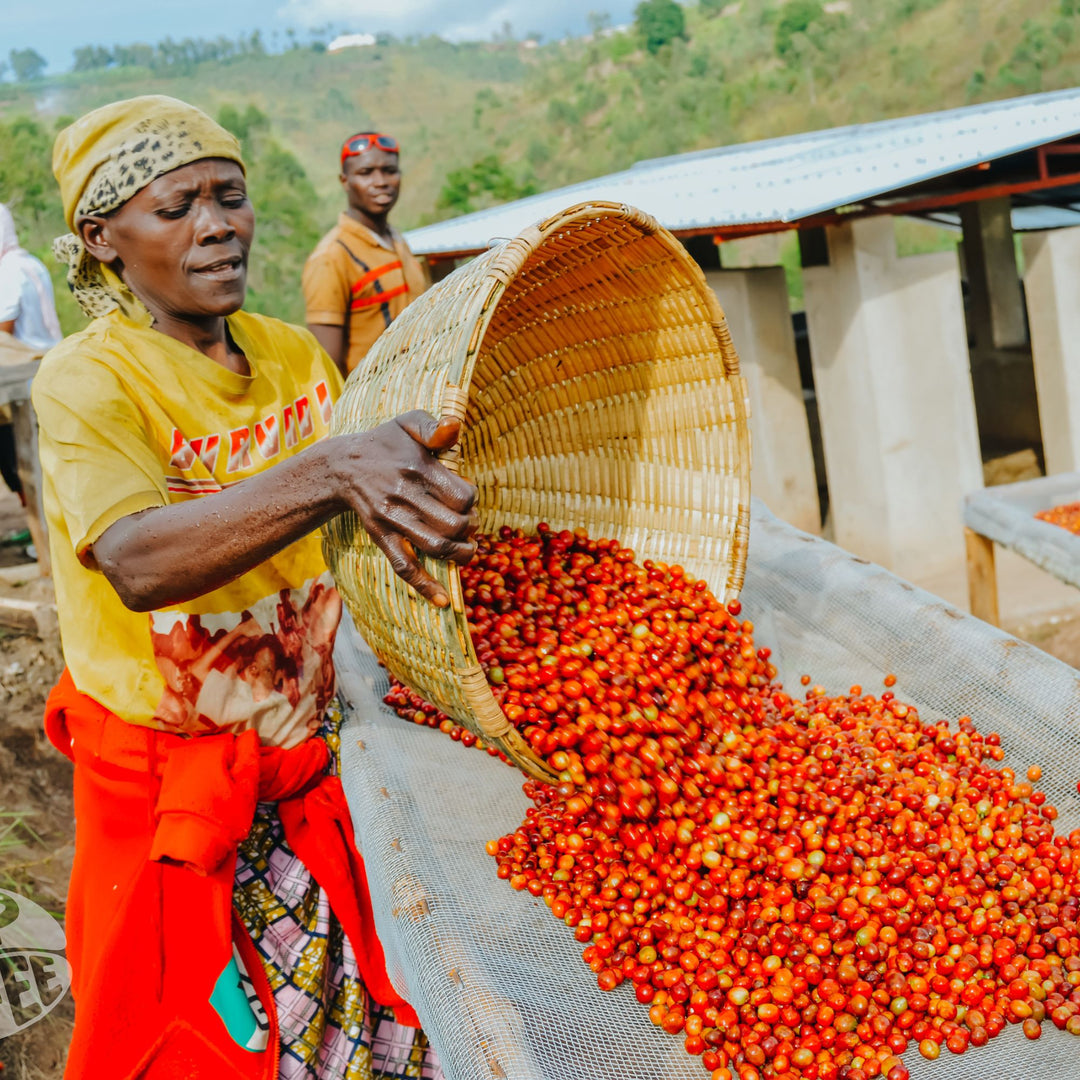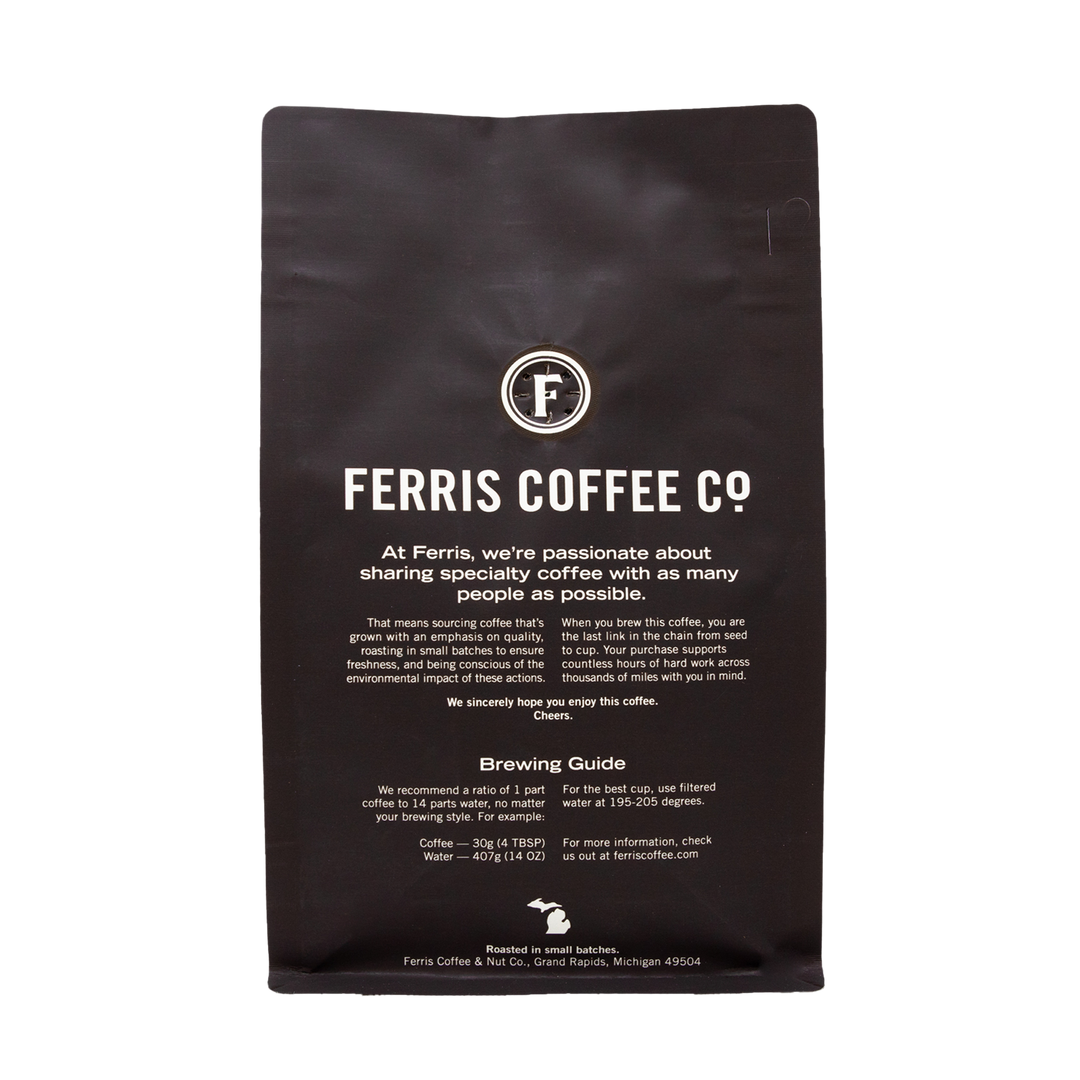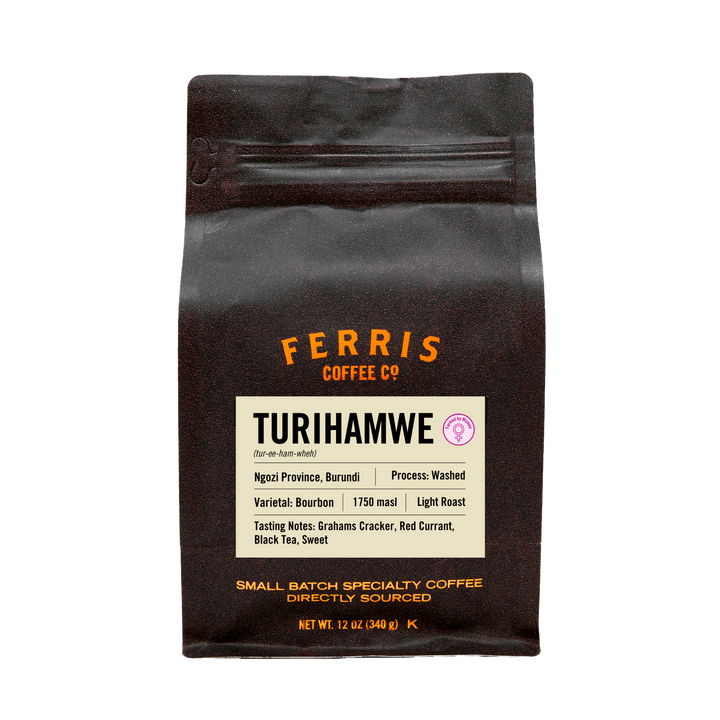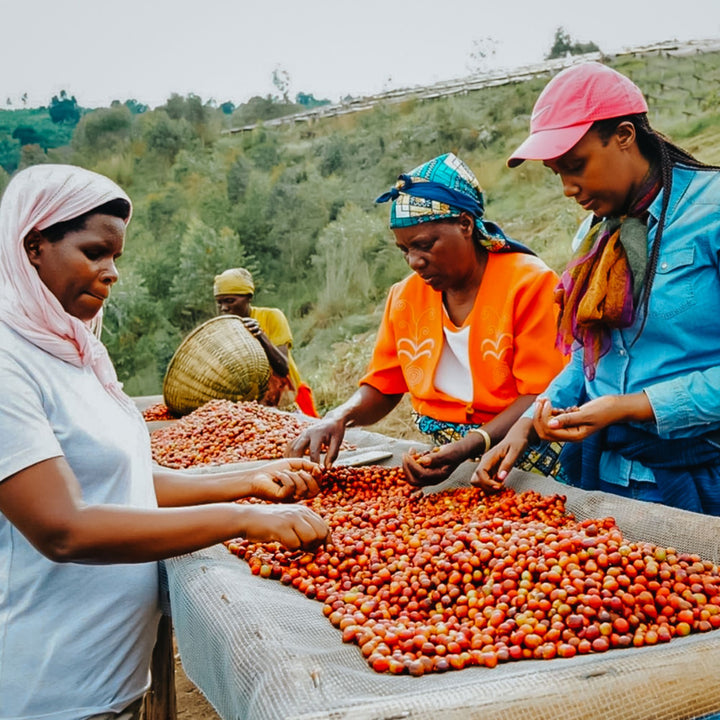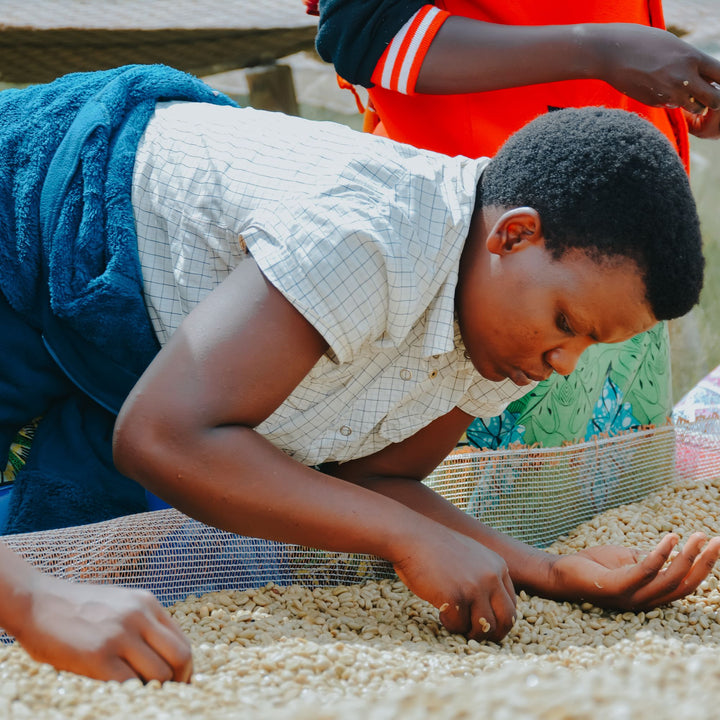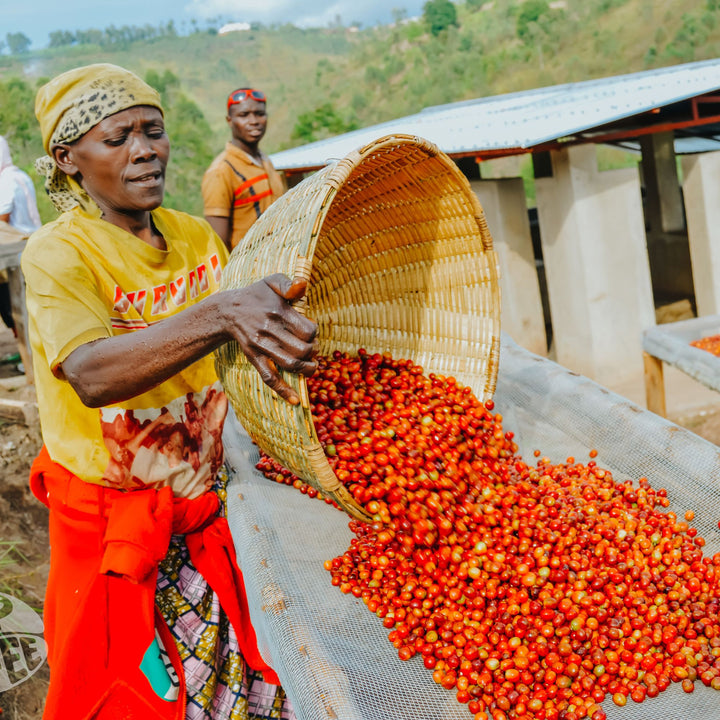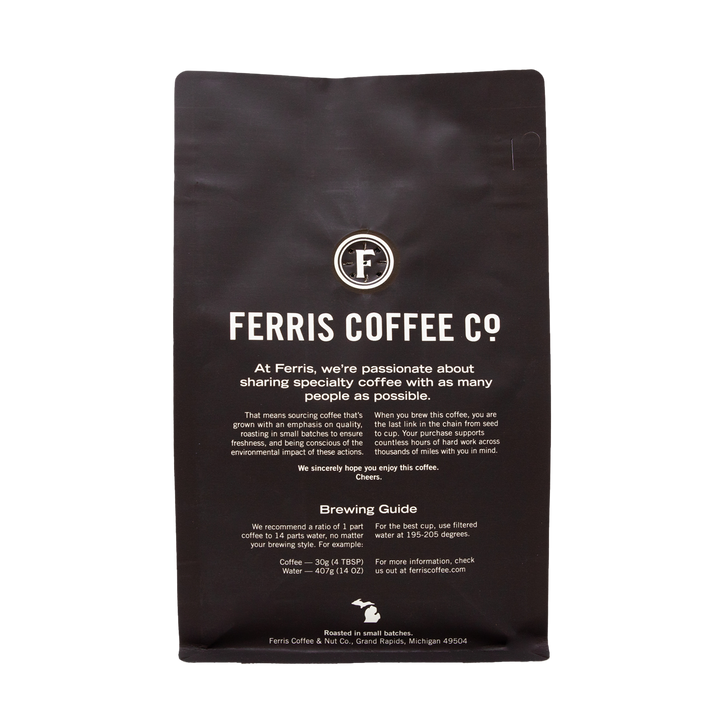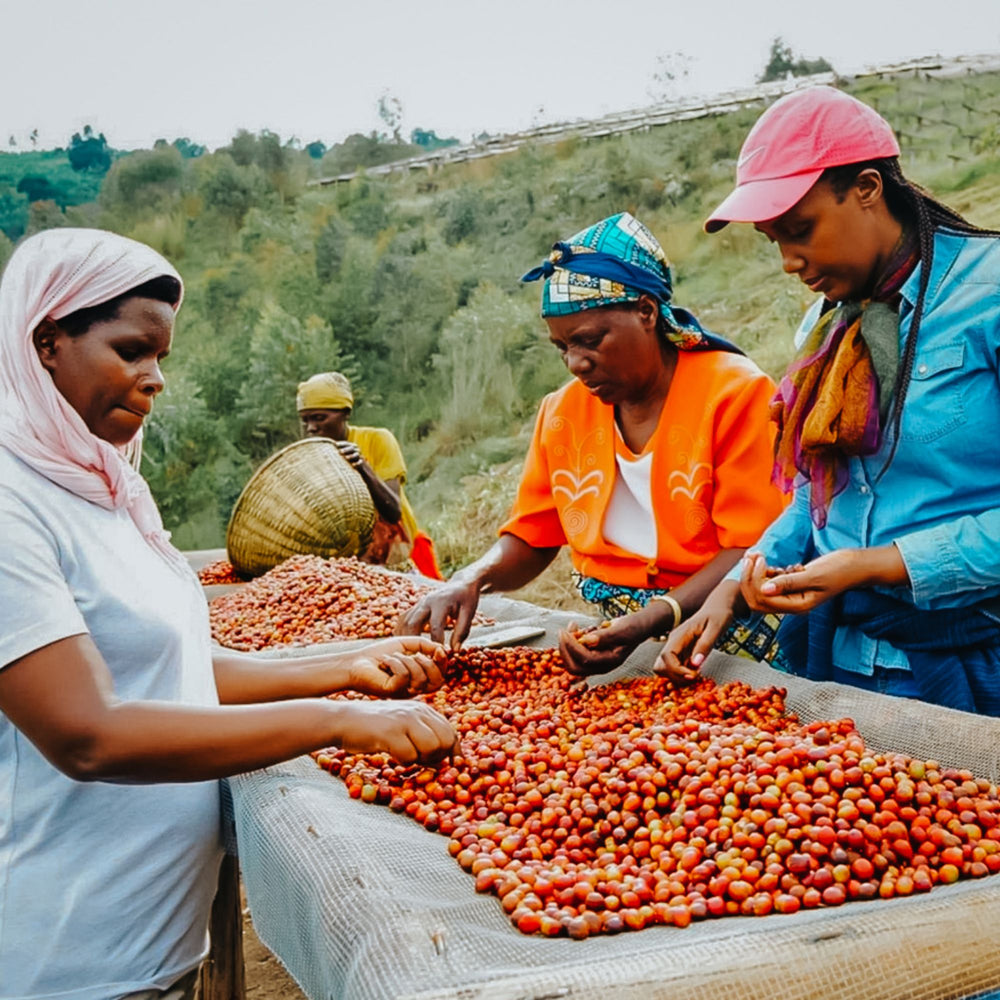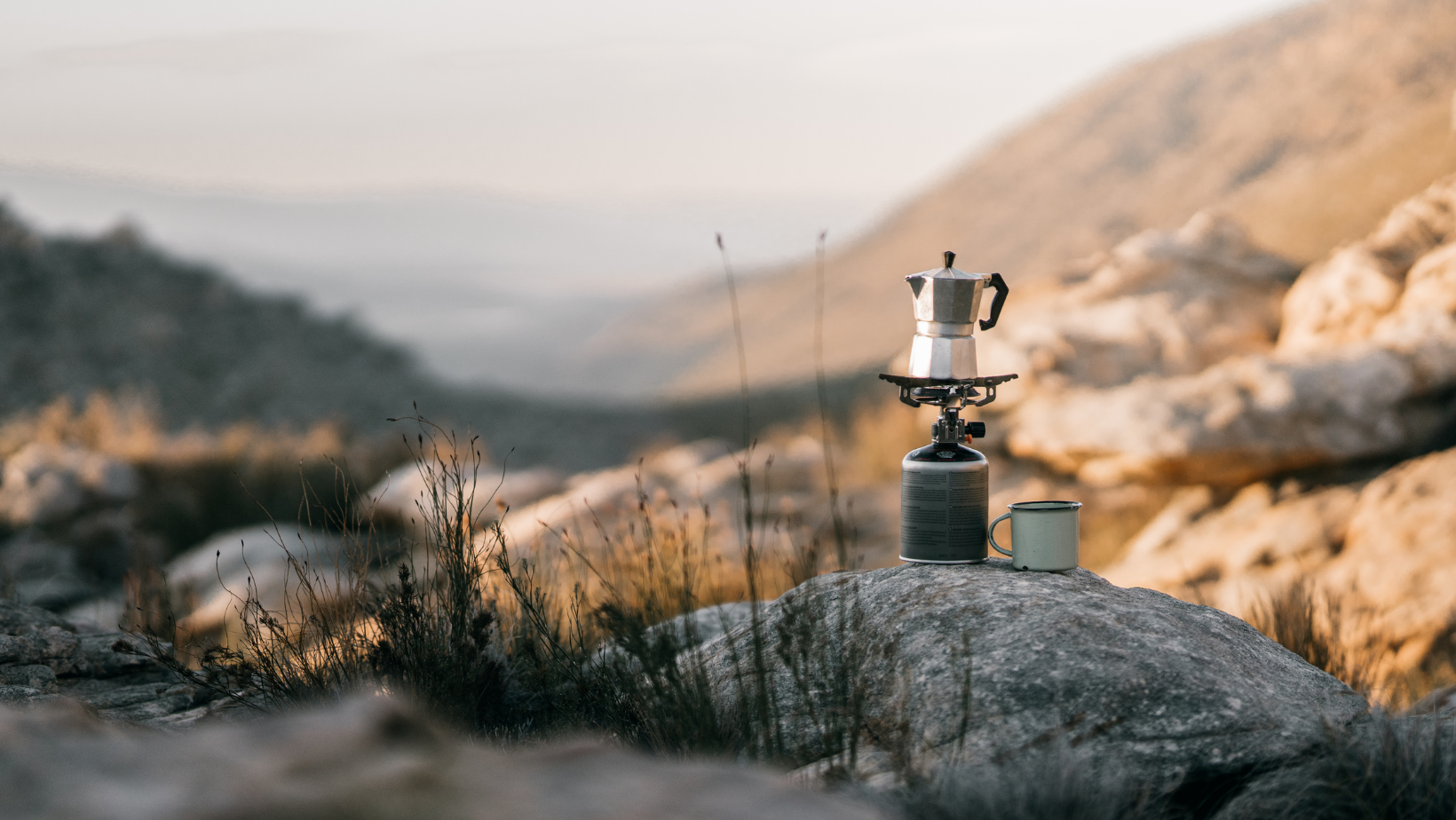
make better coffee
brewing guide
We recommend a ratio of 1 part coffee to 14 parts water, no matter your brewing style. For example:
Coffee - 30g (4 TBSP)
Water - 407g (14 oz.)
For the best cup, use filtered water at 195-205 degrees.
Did you know?
The term ‘specialty coffee’ is used to refer to coffee that is graded 80 points or above on a 100-point scale by a licensed coffee Q-grader. At Ferris, we only source coffees above 80 points, meaning every one of our coffees have been grown at the perfect altitude, at the correct time of year, in the best soil, and picked at just the right time.
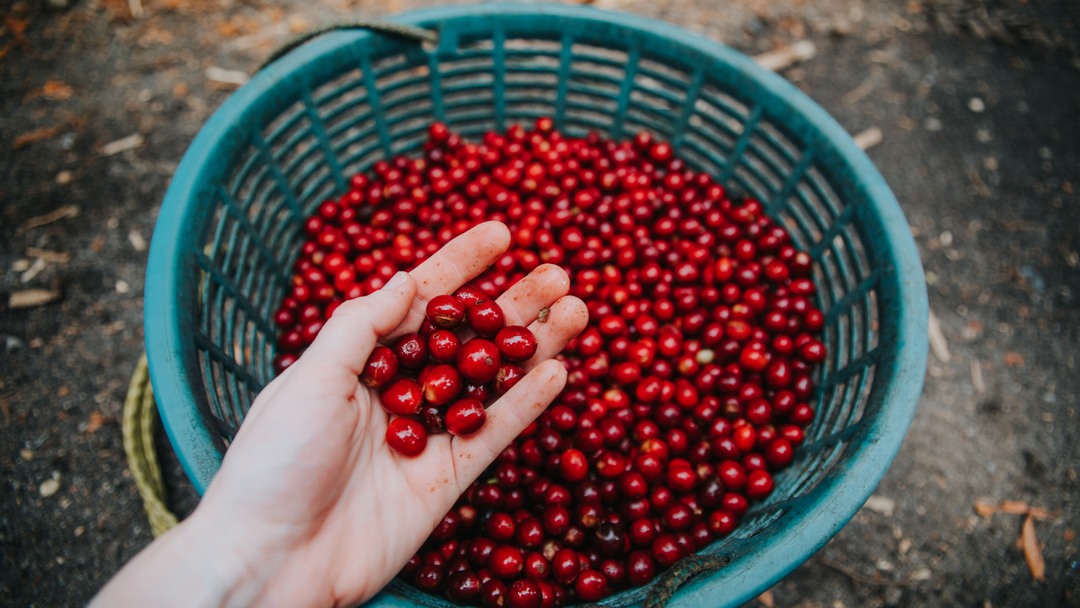
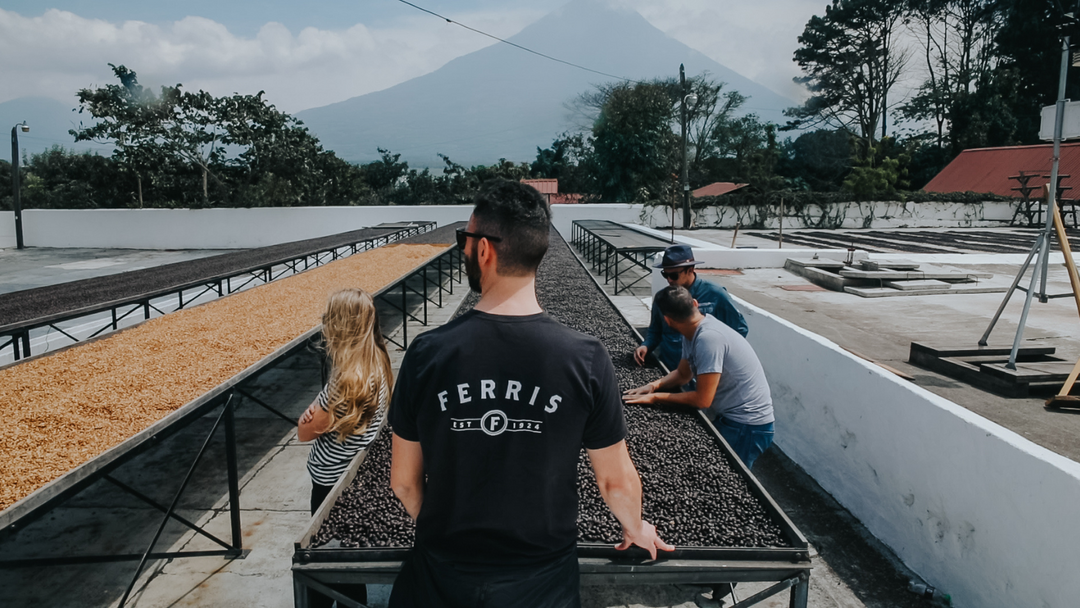
Directly sourced
Our sourcing methods focus on building sustainable, long-term relationships within the industry. From small, family-owned micro lots to large farms with hundreds of acres, the farmers we work with are dedicated to their craft with expert precision and humble pride.
FAQs
Much like wine, specialty coffee has a broad spectrum of natural flavor. The varietal of the coffee seed, the altitude, the growing conditions, the processing method, and the roast profile can affect the flavor of a coffee without adding any extra ingredients. The flavor profile is categorized into tasting notes. For example some coffees might taste brighter and more floral while others might be more chocolatey and nutty.
Fun fact: there is actually a certified and licensed tasting "degree" within coffee (like a wine sommelier). The professional coffee taster is called a Q-grader. We actually have two Q-Graders on staff here, which is impressive considering there's only ~5,000 globally!
The best way to grind your coffee is with a non-blade grinder. If you don't have one of those, no sweat, ask your barista at Ferris to grind it for you!
The basic rule of thumb for grind size is that with longer "water-contact-time" (the time coffee touches the brewing water), the more coarse (large) the grind size. The list below shows the basic grind size adjustment you would do to account for a different brewing method that has water touching coffee for variable times. Espresso is usually made in 25 seconds, so a very fine grind is necessary, as opposed to making cold brew where it has an 18 hour steeping time with the coarsest setting.
- Espresso: Fine grind
- Drip: Medium Coarse grind
- French Press: Coarse grind
- Cold Brew Toddy: Coarsest
We haven’t come across a scenario where coffee is so old that it can be harmful to your health, and so the “shelf life” of coffee from a food safety standpoint is technically a really, really long time. That being said, we think coffee is best enjoyed fresh, within a couple weeks of the roast date, to experience the full flavor potential.
We recommend storing coffee in a cool, dry place. We also recommend only buying enough coffee for 1-2 weeks of brewing at a time for best results. We don’t recommend refrigerating or freezing coffee, as beans and grounds tend to absorb surrounding moisture or odors.
Our sourcing practices are centered around direct relationships with producers. As much as possible, we seek to source coffee and make annual purchasing decisions at the origin in which coffee is grown. This means that we’re traveling to coffee-growing countries, having conversations with producers, establishing prices, and making purchasing decisions on site. Because we utilize a more direct sourcing model, we do not focus on the Fair Trade certification, as we know that the prices we’re paying to producers are more than their production costs. We do have a small amount of Fair Trade certified coffees, but we do not actively seek coffees with this certification given our direct sourcing model.
When we travel to an origin, meet with a producer, establish a relationship, and pay based on production costs, we call those coffees “Relationship Coffees”. Our goals is to fill our lineup with coffees sourced in this manner. Check out the video below to learn more!
origin trip
Visit a coffee farm
We want to give you a slice of what it's like to travel to a coffee farm and the importance of building lasting relationships.


